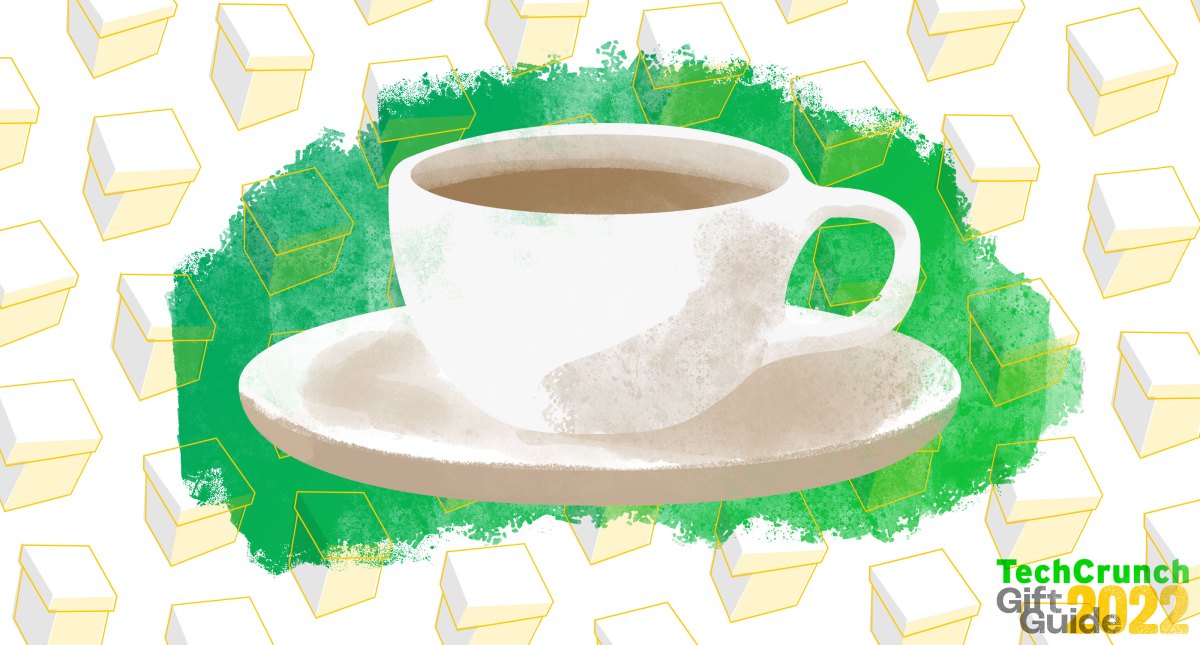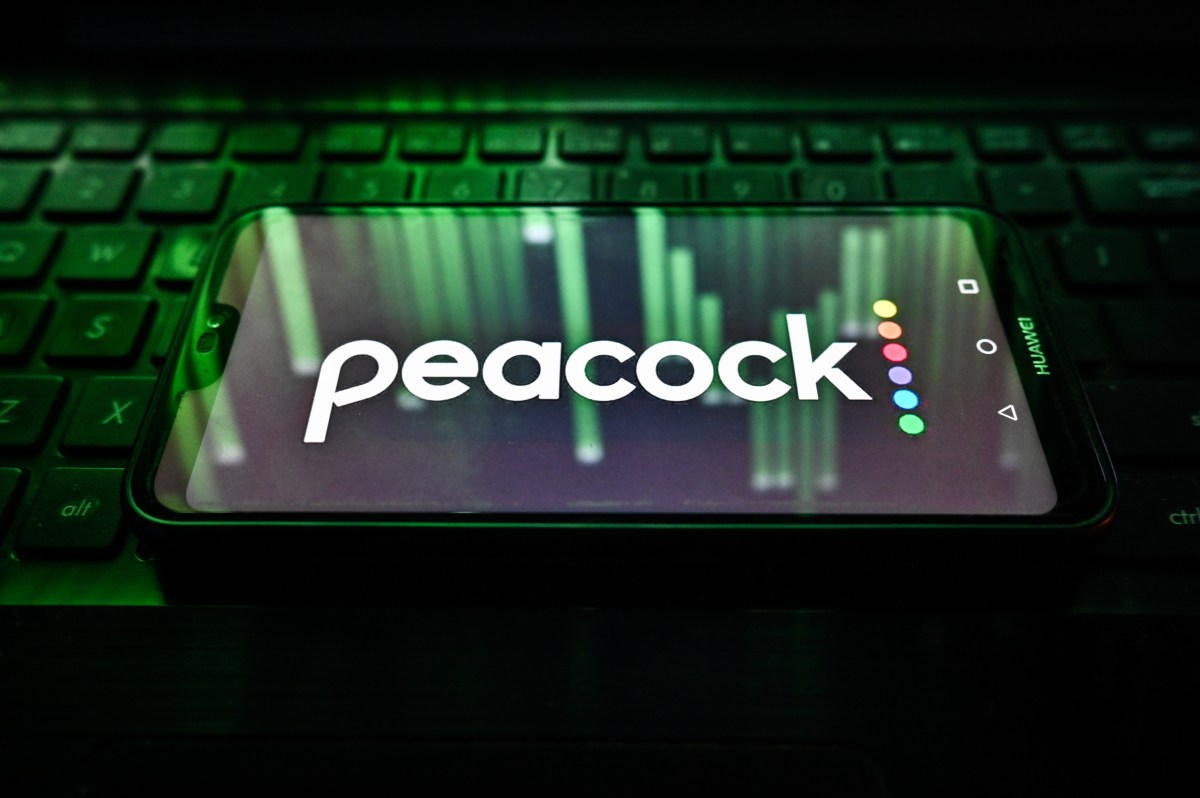SkyCell nabs $59M more for its greener smart pharma transport containers | TechCrunch
The most urgent moments of the Covid-19 pandemic may be in the past, but the need for fast and secure ways to send valuable, fragile medicines and their components around the world is still very current. SkyCell has developed hardware and software to run that transport process better — and greener, it says — than it was run before, and it has now raised some significant capital to continue expanding that business.
The Swiss startup has closed out its Series D at $116 million that it says it will be using to double down in particular on working with companies operating in Asia and the U.S. Tybourne Capital Management and CCI are together putting in $59 million on top of the $57 million from M&G Investments’ purpose-led private assets strategy Catalyst, an investment that we covered last year. (And prior to this Series D it had raised around $133 million.)
This latest investment was made at a higher valuation than the 2023 tranche: SkyCell is now valued at $635 million, the company has confirmed.
We first covered the rise of SkyCell in the midst of the Covid-19 pandemic, at a time when the world was suddenly very focused on the fragility of certain vaccines that needed to be kept at very specific temperatures to keep from spoiling.
The startup had actually been around for years before that: it was founded in 2012 Switzerland when Richard Ettl and Nico Ros were tasked to design a storage facility for one of the big Swiss pharma giants. The exec charged with overseeing the project brainstormed that the work they were putting in could be applied to transportation containers, and thus SkyCell was born.
It turned out that SkyCell’s system – “smart containers” powered by machine learning and other software to maintain constant conditions for drugs that need to be kept at strict temperatures, humidity levels, and levels of vibration; plus a software logistics system called “SkyMind” to transport drugs around the globe on behalf of their makers, as well as charities and health organizations – was perfect for vaccines.
The demand for transporting medicines securely has only grown over the years, with SkyCell growing 50% annually over the last several years, with customers covering not just pharmaceutical companies but critically a large network of cargo partners who take on the transportation of those items.
SkyCell says that monthly, it’s now moving some $2.5 billion of pharmaceutical products and incredients, not just hundreds of millions doses of vaccines, but also cancer treatments, diabetes medicines and diagnostic treatments.
Ettl, the CEO (Ros is the CTO), said much of that is due to the simple facts that more products come to market and there are more people in the world who need them. But, he added, the need has actually grown more complex over that time for another reason: decarbonization.
“Six months ago, we had a feeling that this was going to happen,” he said in an interview. It’s estimated that pharmaceutical companies – adding up not just the manufacture, but the packaging and transport – account for 4.4% of global emissions, and that’s translated into a big mandate for the industry to fix.
“First, it was optional for pharma companies,” Ettl said. “Now it’s more clear: they’ve all had to make commitments to decarbonize their supply chains.”
That’s played into SkyCell’s hand well, Ettl said, since the carbon footprint of air transportation has been something that the startup has been thinking about and wanting to help solve “for almost a decade.”
The company’s containers are, on average, about half as heavy as those of its competitors, “which means 50% less CO2.”
As an example of how that can impact the bottom line, Ettl estimates that for a big pharma company, it would cost roughly 2% of sales to “go green” – that is to reduce its carbon footprint substantially in one area or another. (As an example of how this is worked out, see this article, which explains how Bayer moving to more sustainable packaging would cost it 2% of its sales.)
“When you look at percentage-wise, that’s not a lot, but in absolute terms, we’re looking at a billion dollars in costs, so when that billion can become $500 million, people start to pay attention.” He said that two of its largest customers – he declined to name them – have mandates to bring that to bring down their co2 emissions. “So using us has become part of their key decision criteria.”
The company’s core products remain their containers and the software they have built to move them around, but interestingly, Ettl said that they have also, unexpectedly, also found themselves selling components of their products individually to customers. A smart thermometer that they developed for the boxes, for example, is now being sold directly to one of their pharma customers to use in their own storage environments.
“With its lead in hardware as well as software and tracking platform offering, SkyCell is well positioned to become the technology partner of choice to the global pharmaceutical industry well beyond its current cold-chain logistics business,” said Bosun Hau, MD of Tybourne. “Global supply chains are becoming increasingly complex and managing risk is a board level issue for nearly every sector – for pharmaceutical companies, in particular, it is mission critical for getting life-saving medications into the hands of patients. SkyCell has developed a comprehensive state of the art system combining hardware, software and big data analytics that is transforming a pharmaceutical logistics industry that has seen little innovation over the past several decades.”




